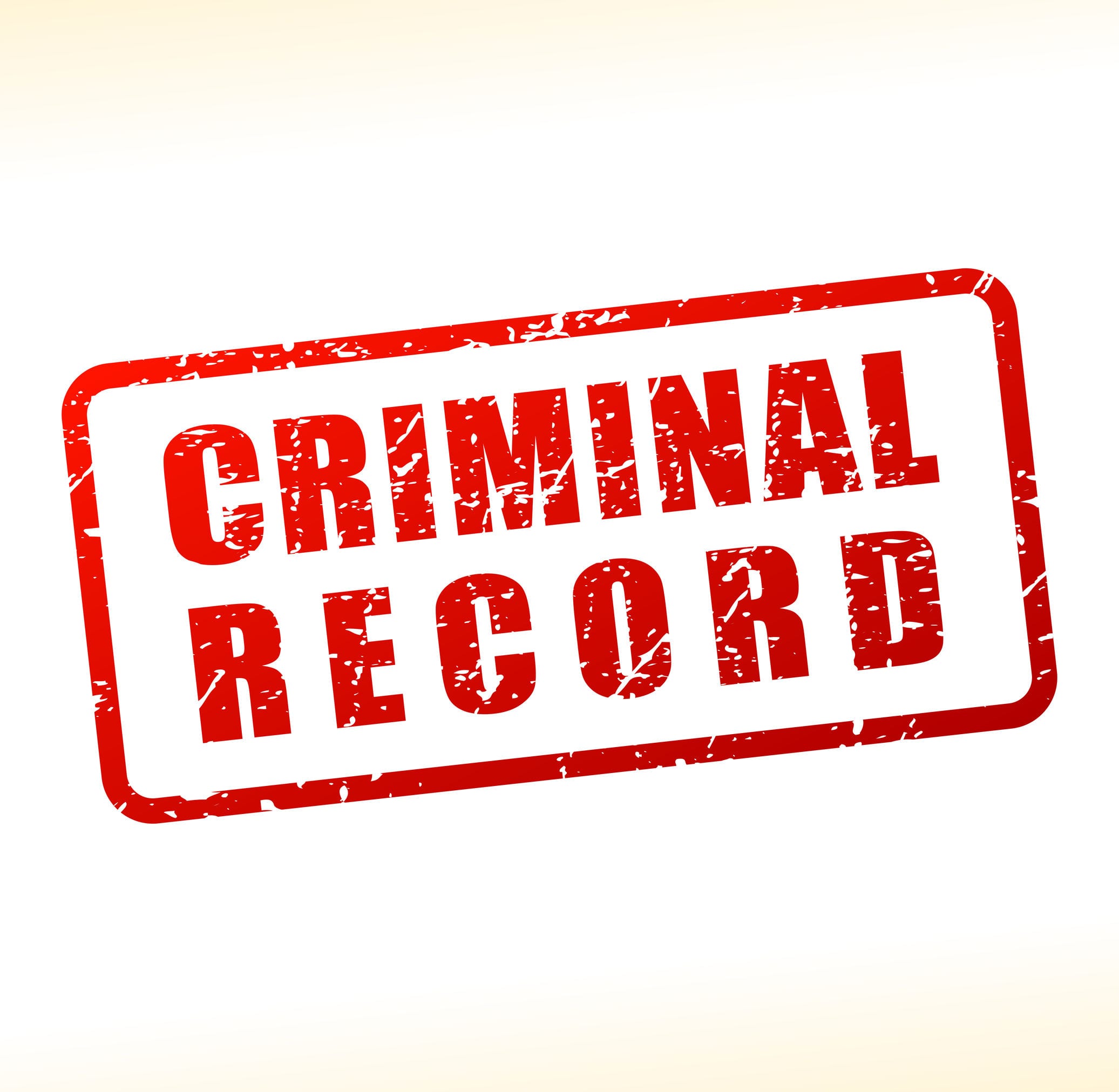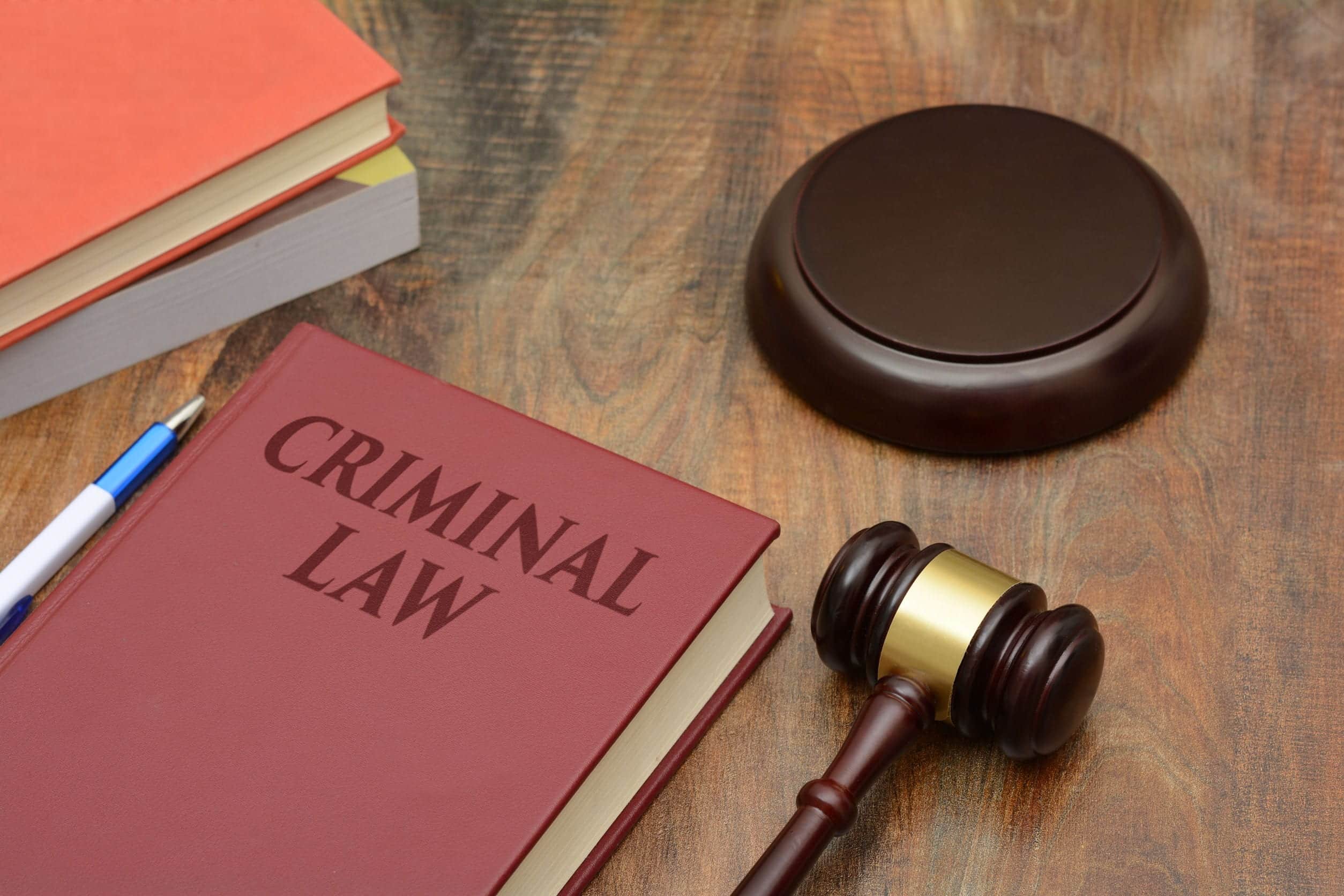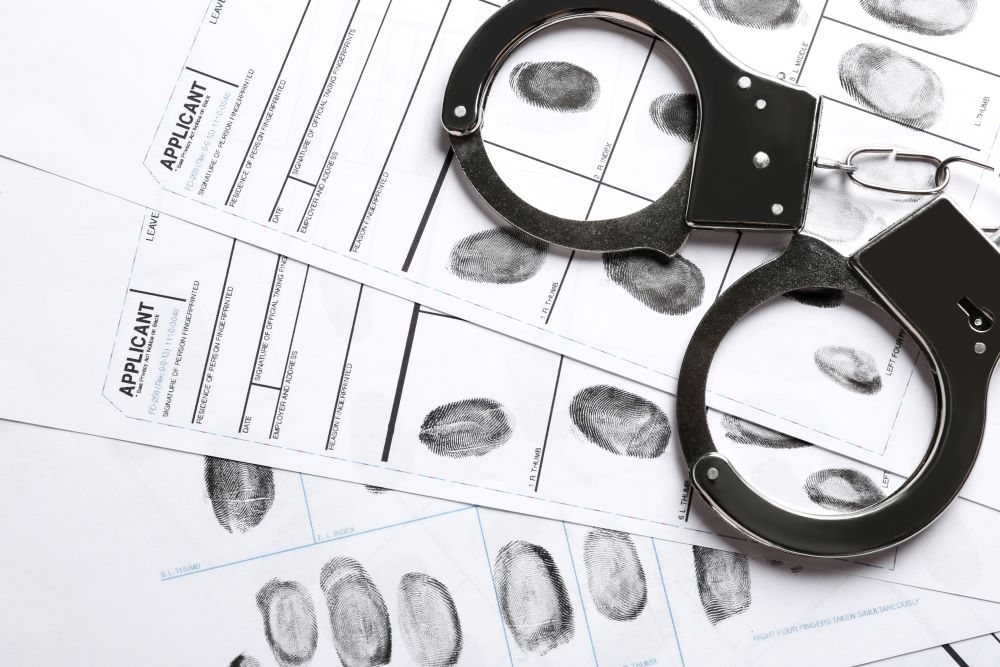- Home
- THE FIRM+
- Criminal Defense+
- CASE RESULTS
- AREAS WE SERVE+
- FAQ’s
- Blog
- Contact
AZHARI LLC BLOG

Posted By: Sami Azhari
Category:
 In most cases, minors under the age of 18 are not legally considered to be adults. However, under Illinois law, some juvenile defendants can be prosecuted as adults and receive adult sentences if convicted.
In most cases, minors under the age of 18 are not legally considered to be adults. However, under Illinois law, some juvenile defendants can be prosecuted as adults and receive adult sentences if convicted.
It is relatively rare for a minor to be prosecuted as an adult, but it does happen in Illinois courts, particularly for serious offenses or older teens with prior criminal records.
If you think it’s possible that your child could be prosecuted as an adult, it’s important to take swift and well-informed action to protect your child’s future and freedom.
Learn in this article the circumstances under which juveniles can be prosecuted as adults, and what you can do to fight back.
When Are Illinois Juveniles Tried as Adults?
As a general rule of thumb, juveniles are more likely to be tried as adults under the following circumstances:
- Violent or sexual offenses such as murder or aggravated battery with a firearm
- Serious offenses committed by teens 16 or older
- Juveniles with extensive criminal histories who haven’t responded well to juvenile rehabilitation programs
Common juvenile offenses such as DUIs or drug crimes are unlikely to be tried in adult court unless someone is seriously injured or killed, or the offender has a substantial juvenile record.
Under Illinois law, some types of cases must be handled in adult court. However, much of the time, the decision to transfer the case to adult court is at the prosecution’s discretion.
Some Charges Must Be Handled in Adult Court
Certain offenses, if committed by a minor 16 or older, must be tried in adult court regardless of the prosecutor’s wishes:
- First-degree murder
- Aggravated battery, if the child discharges a gun
- Aggravated criminal sexual assault
Note that for defendants younger than 16, prosecutors are still able to ask a judge to transfer these cases to adult court, but the transfer is not automatic.
Transfer to Adult Court Is Usually at the Discretion of the Prosecutor
Unless the crime fits into one of the above circumstances, the decision to transfer a juvenile case to adult court is at the discretion of the prosecution.
Prosecutors will consider the following factors when determining whether to petition for transfer to adult court:
- The juvenile offender’s prior criminal history
- The nature of the alleged offense currently in question
- The juvenile offender’s mental health state
- Whether the juvenile justice system attempted to rehabilitate the offender in the past
- The juvenile offender’s home life and other potentially mitigating factors
In cases where adult prosecution is not mandatory, both the prosecution and defense have a chance to make arguments for and against the transfer before a decision is made.
This is where an excellent Chicago criminal defense attorney in your child’s corner can make all the difference.
Pros and Cons of Transfer to Adult Court in Illinois
Generally, juvenile offenders and their attorneys fight to keep the case in the juvenile court system whenever possible. That said, there are a few advantages that could be in your teen’s favor if he or she is transferred to adult court.
Let’s take a look at both the pros and the cons.
Pros of Transfer to Adult Criminal Court
- The juvenile defendant will have the right to a trial by jury in adult court. In juvenile court, guilt is decided by a judge.
- In adult court, the jury may be sympathetic to a juvenile defendant
- Adult court dockets are typically much more crowded than in juvenile court, which could prompt the prosecutor to offer a favorable plea deal to dispose of the case.
Cons of Adult Criminal Court Proceedings
- The juvenile defendant will be subject to more severe sentencing if convicted
- Judges do not have the same discretion in sentencing and treatment options. Most crimes transferred to adult court have strictly imposed mandatory minimums
- If the juvenile offender is sentenced to jail time, he or she may have to serve time in an adult jail or prison
Your Chicago criminal defense attorney can evaluate the specifics your teen’s case, and determine which direction would be the best-case scenario.
Fighting Back If Your Child Will Be Tried as an Adult in Illinois
If the prosecution is pushing to try your teen as an adult, all is not lost. A Chicago criminal defense attorney with expertise in juvenile cases can develop a sound defense strategy.
As a rule, Illinois lawmakers prioritize keeping juvenile offenders out of adult court whenever possible. Accordingly, in the past few years, lawmakers have enacted new legislation aimed at doing just that.
What does this mean for your child?
Even when prosecutors are pushing for your teen to be tried as an adult, the judge may not grant the petition for transfer to adult court, especially if your child’s defense attorney develops a strong defense advocating for the case to be tried in juvenile court.
If you believe your child is better off in the juvenile system, there are options. Reach out sooner than later to protect your child’s future and freedom.
Protect Your Child’s Future with Expert Legal Representation
When your child’s future is at stake due to potential adult prosecution, you need expert legal guidance. At Azhari LLC, we specialize in juvenile defense cases, ensuring the best possible outcome for your child. Don’t navigate this challenging situation alone. Contact us today for a complimentary consultation.
About the Author
Sami Azhari has been working as a lawyer since 2007, after receiving his Juris Doctor from the Michigan State University College of Law. He has handled numerous state and federal cases, and is known throughout the Chicago and Rolling Meadows area for providing his clients with high-quality, skilled representation. He has been recognized by SuperLawyers, the National Trial Lawyers Association, and other notable organizations, and has spoken at a number of legal conferences.


























































